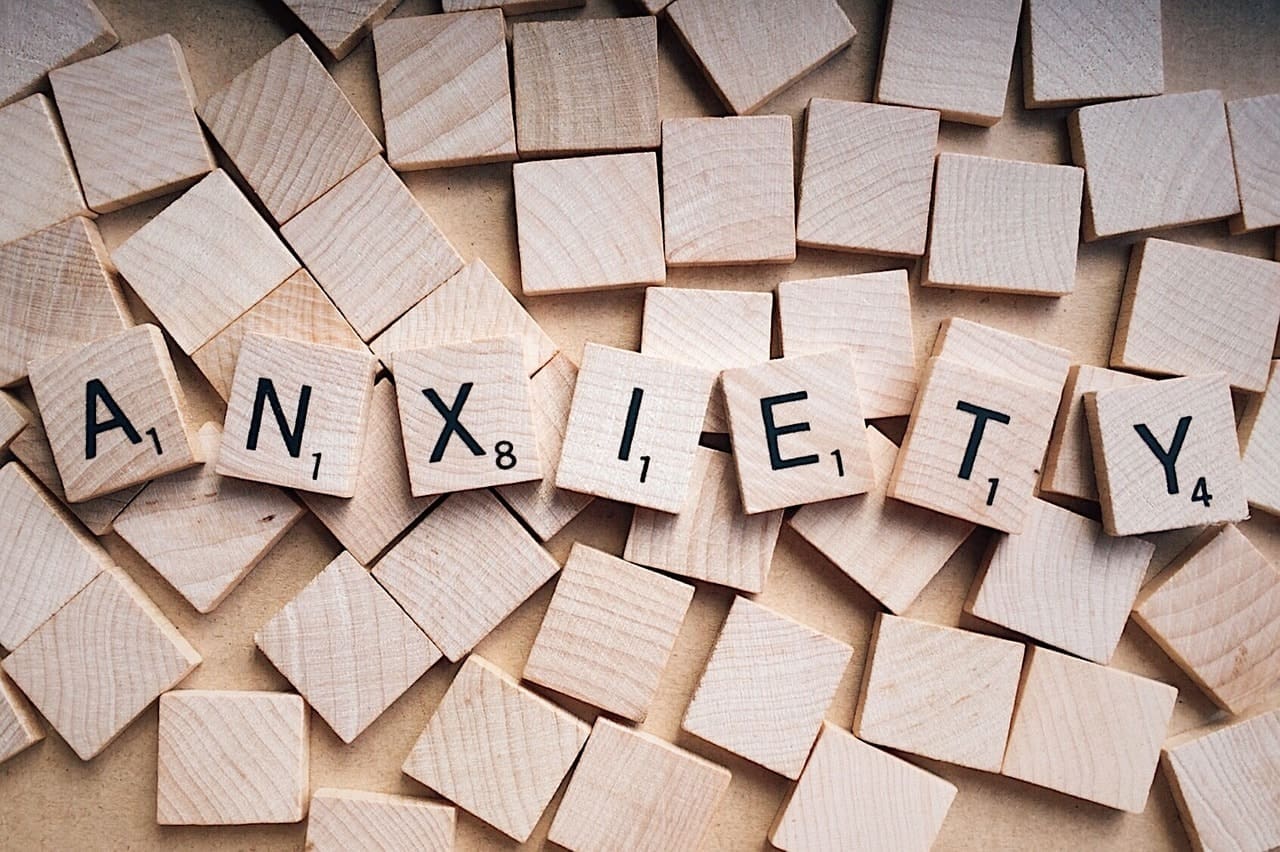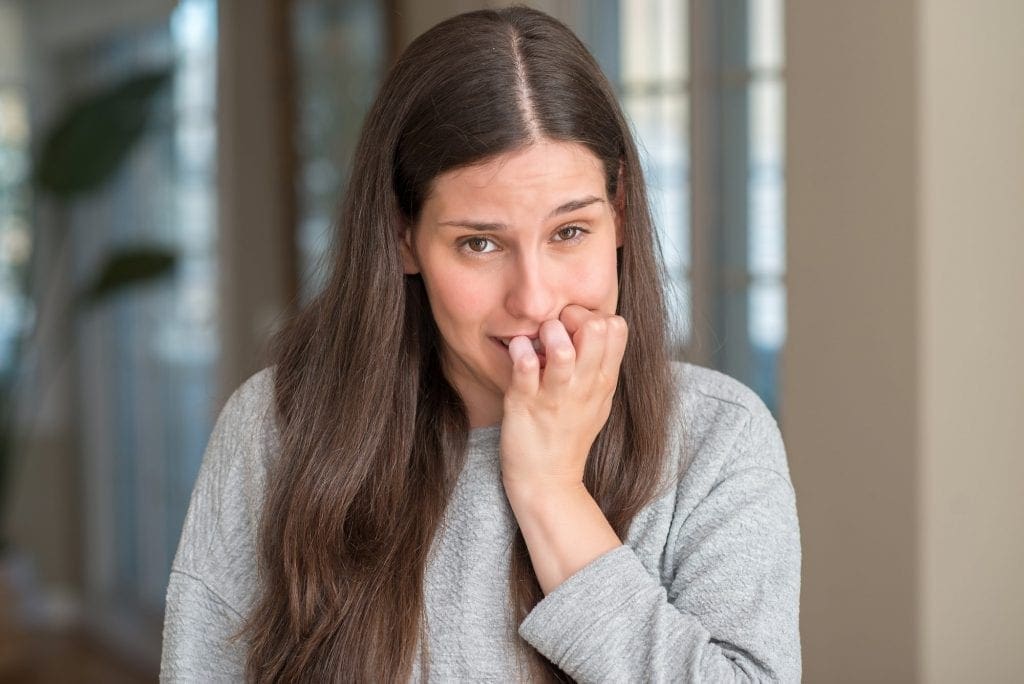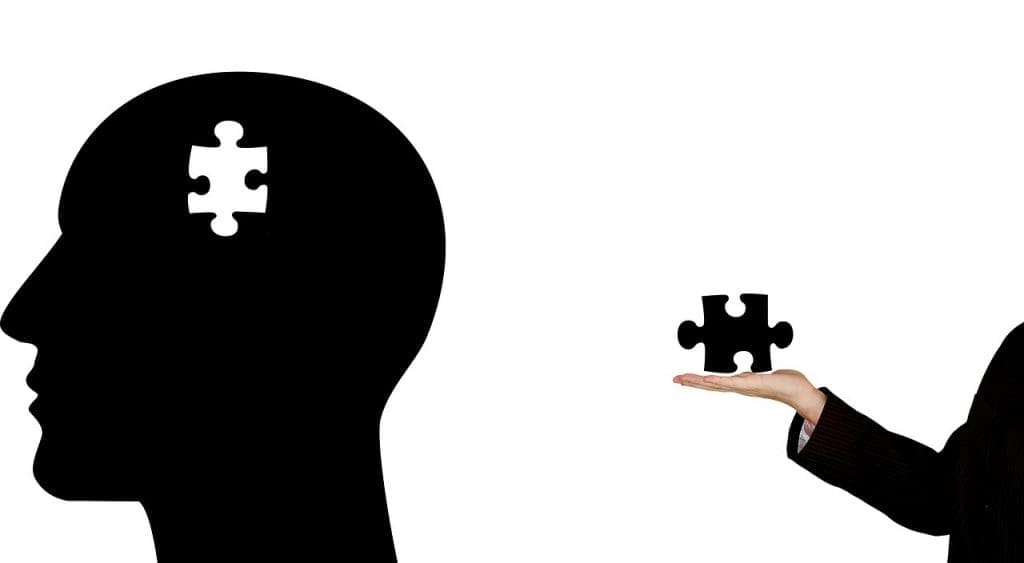More than 40-million Americans suffer from some form of anxiety disorder. People who are living with this condition experience a constant feeling of dread that ruins their mental health.
It’s normal to feel anxious about events in your life with an unknown outcome. Taking a job interview, moving into a new apartment, or crossing the street. However, people living with anxiety disorder blow these events out of proportion and begin to obsess over what can go wrong in the situation.
There are different types of anxiety that affect your mental health.
- Social anxiety disorder – The fear of being judged by others in a social setting.
- Separation anxiety disorder – Feelings of homesickness.
- Panic disorder – Anxiety leading to a panic attack.
- Obsessive-compulsive disorder – A recurrence of irrational thoughts leading to disturbances in normal behavior.
- Illness anxiety disorder – Also known as “hypochondria.”
- Post-traumatic stress disorder – Anxiety from witnessing a traumatic event.
Anxiety is Different to Stress
It’s important to understand that there is a difference between anxiety and stress. Our stress response occurs during a “fight-or-flight” situation. The adrenal glands release adrenaline-like hormones and cortisol to heighten our situational awareness. Our ancestors benefitted from this stress response, as it helped them stay alive and avoid predators.
Unfortunately, our modern environment means that we now experience stress responses to a variety of different social and economic situations. As a result, people are more stressed out than at any other point in human history.
Stress is a biological response to an external stimulus and typically dissipates after the threat diminishes. However, anxiety is a mental disorder that requires medical treatment. Best described as a feeling of impending dread that you can’t shake off, it controls your thinking and biological responses. The disorder elevates respiratory and heart rate, which is why many people think they are experiencing a heart attack during bouts of high-anxiety.
Stress requires practical treatment to relieve its symptoms, such as taking a hot bath after a hard day at the office or meditating for a few minutes before bed. However, anxiety may need drug therapy to return the body and mind to a functional state.
How a Therapist Can Help You Overcome Anxiety
People suffering from anxiety disorder need to talk about their feelings with a licensed clinical psychologist. A therapist listens to what you have to say and guides you toward finding a solution to your problem. In most cases, people suffering from high-anxiety incur their affliction due to their mind and its response to environmental situations.
Therapists have specialized training in how the mind works. The chances are that your therapist has decades of experience in dealing with patients experiencing high-anxiety disorder. Their unique insight into the subject will reduce your recovery period, and get you back to a sound state of mental health faster than trying to do everything yourself. Some therapists will suggest an anxiety fidget ring to help with your anxiety.
A therapist can help you uncover the source of your anxiety and help you to overcome its grip on you. Most Plymouth Meeting psychologist work from a practice where they physically see their patients on a face-to-face basis. However, the introduction of smartphones and telemedicine means that affected individuals can receive the help they need from the comfort of home. If you’re feeling anxious, try the BetterHelp platform for the best teletherapy available.
What to Expect from a Therapy Session
A therapy session is all about you. Your psychologist will ask probing questions to get you to open up about your history and current emotional state. In a therapy session – you do most of the talking while the therapist listens. Their job is not to instruct or advise you, but rather to guide you through your thought processes and help you make sense of them.
Psychologists use different strategies depending on their training. Some may require you to lay down and stare at the ceiling while you talk, while others may prefer two chairs facing each other. Your therapist will guide you through the session and ensure that you are in a safe and confidential environment to express your thoughts.
However, the goal of the session is the same regardless of the practice you visit. Your psychologist aims to help you take a step forward in finding the source of your anxiety and neutralizing it to help you recover. You should feel some sense of achievement after every session, and positive about your future.
Drugs are a Crutch
Medical practitioners treat anxiety using drug therapy. In most cases, drugs help tremendously, reducing feelings of dread and soothing the body’s physical reaction to the disorder. Benzodiazepines are the most common group of drugs prescribed to treat anxiety disorders. These drugs include the brands known as Xanax, (Alprazolam,) and Valium, (diazepam.)
Unfortunately, these are potent psychological drugs and users often experience dependency and addiction to these compounds if misused or abused. Always treat drugs with caution and never increase your dosage without consulting your doctor or psychologist beforehand. However, natural remedies such as Kava are becoming increasingly more popular with those struggling with anxiety as they don’t have the same negative effects. If you are looking for something to ease your anxiety symptoms without turning to medical drugs, check out the many kava benefits to learn more about this remedy.
Drugs can reduce the symptoms of anxiety, but they aren’t a crutch you can rely on to your anxiety cure. The real work to rehabilitate yourself comes in the psychologist’s office and in your free time at home.
Wrapping Up – Seek Support
If left untreated, symptoms of the high-anxiety disorder can ruin your mental health. People who don’t seek out treatment are likely to fall into depression and see their symptoms worsen. Talking to another person is the best thing you can do to calm your anxiety. When we express how we feel, it lightens the load we have to bear and gives us hope for the future.
If you think you are suffering from an anxiety disorder, it’s vital that you reach out for help. Please speak to a friend or family member about your mental state and ask them for their advice. If you live away from your home State, search online for a local psychologist’s office or try out Teletherapy and speak to a qualified mental health professional from anywhere in the country.,
It’s up to you to take the first step in curing yourself of anxiety, and waiting around for it to disappear on its own may cost you your mental health.
Injured? Contact Brooklyn Injury Attorneys P.C. for a free consultation!
Image credits: Image credits






